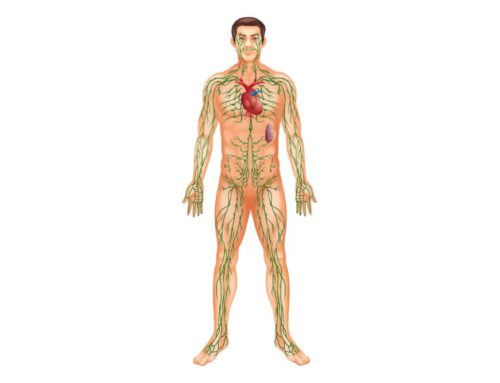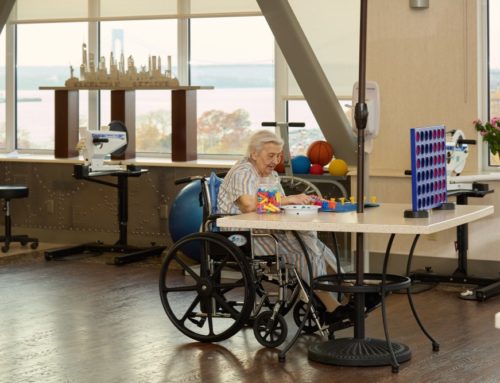Neurological conditions affect millions of people around the world and show up in many forms. These include stroke, multiple sclerosis, Parkinson’s disease, Alzheimer’s disease, and migraines. Despite the differences between these issues, many of their symptoms remain the same. Knowing the signs of neurological problems may not prevent their occurrence, but seeking treatment can reduce or prevent further damage.
As well as common symptoms of neurological issues, there are hidden signs you may not be aware of. Even a seemingly insignificant sign, like a simple headache, can be linked to a more severe condition. If you’re unsure what to look for, take a look at the following information. Be sure to discuss any concerns about possible symptoms with your doctor.

What Are The Most Common Signs Of Neurological Problems?
Neurological symptoms can vary, though there are a few common signs to watch for. These can differ in severity and frequency, though should not be ignored.
- Headaches
Headaches occur randomly throughout our lives and are often not a cause for concern. They do become an issue when they start interfering with your usual routine. When headaches become more frequent and increase in severity or duration, it could be a sign of neurological issues.
- Cognitive Difficulties
As we age, we experience reduced cognition, though it should occur slowly over time. With a neurological condition, such issues could become more severe. Such symptoms could include memory loss, reduced concentration, speech issues, or confusion.
- Balance issues
Sinus issues from colds or flu could cause dizziness. Of course, when your condition improves, the dizziness does as well. If such balance issues occur when you’re not sick, it could be a sign of neurological problems. More frequent balance issues, including dizziness, vertigo, clumsiness, fainting, or poor coordination, could be due to a more serious issue.
- Vision Problems
Vision problems are another possible symptom of neurological issues. There are many possible forms, including blurring, double vision, hallucinations, and partial or temporary blindness. If you notice any of these issues, speak to your doctor immediately.
- Sleep Issues
Those with neurological disorders often have issues with sleep. Insomnia is one such issue, preventing individuals from falling or staying asleep. Sleeping too much, especially during the day, is another possible symptom. Some individuals even experience uncontrollable leg movements while they are asleep. All of these are possible symptoms of a neurological disorder.
- Pain
Pain is another common symptom of neurological issues, though not everyone experiences the same type. The pain is most often located in the neck or lower back, though any pain could be a cause for concern. Muscle stiffness, weakness, or spasms, and limb rigidity could also be related to neurological issues.
Not-so-common signs
As well as the common symptoms, there are a few uncommon signs of neurological problems to watch for. These can include nausea, vomiting, tingling sensations, loss of bladder or bowel control, and loss of sensation. Some people also experience tremors, paralysis, face drooping, and reduced senses, including taste and smell. Hearing issues, like deafness or ringing, are also possible symptoms to watch for.
This content comprises informative and educational resources only and can not be considered as a substitute for professional health or medical guidance. Reliance on any information provided in this article is solely at your own risk. If you have any inquiries or apprehensions about your medical condition or health goals, talk with a licensed physician or healthcare provider.






Leave A Comment